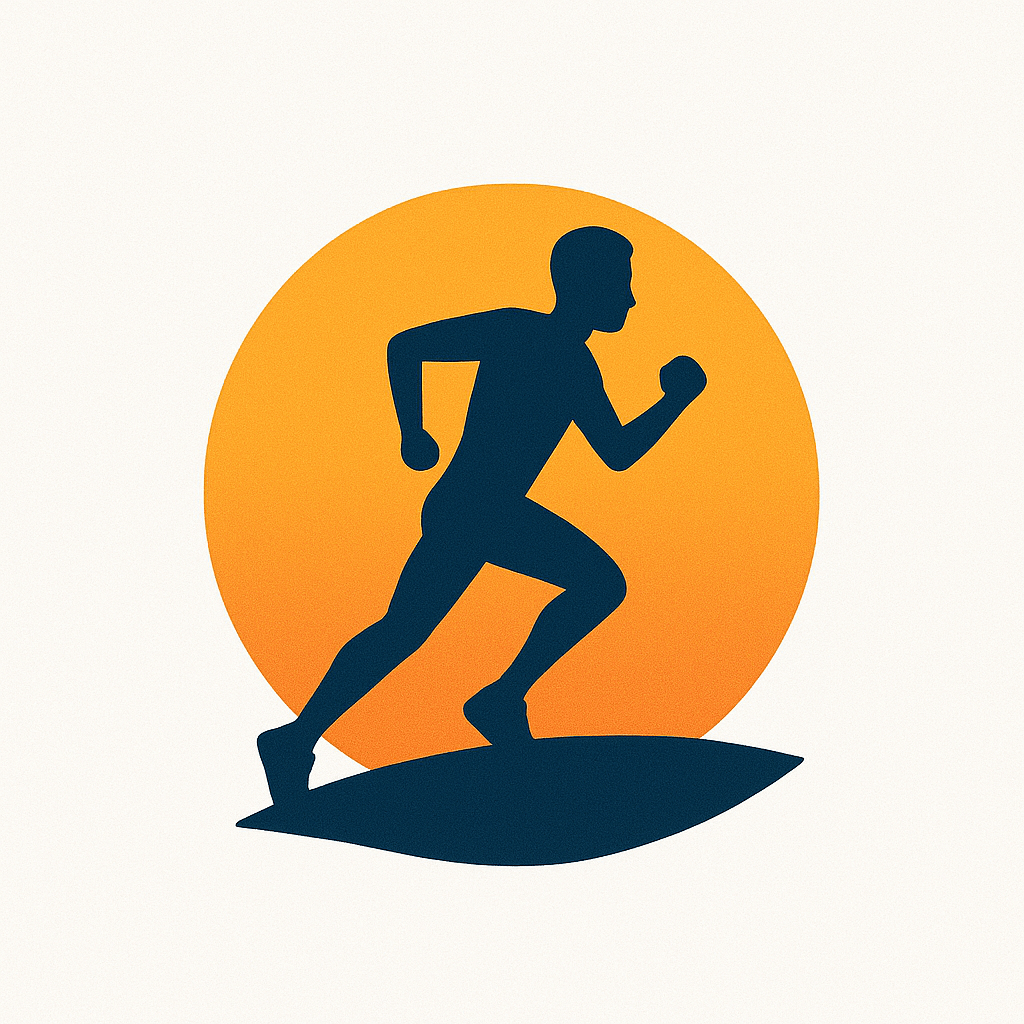Your Run, Your Rhythm
Picture this: you’re two miles in, lungs pumping, legs moving, and just when you’re starting to fade—your favorite power song drops. Suddenly, you’re unstoppable. That’s the magic of music.
The right running playlist can transform your workout. It doesn’t just entertain you—it drives you. It helps you focus, stay motivated, and push through when your body wants to quit.
But a perfect running playlist doesn’t happen by accident. It’s crafted. And in this guide, we’ll show you how to create one that keeps your feet flying and your heart inspired.
Why Music Matters for Runners
The Psychology and Physiology of Music on the Move
Music has the power to shift your mindset. According to sports psychologists, it can reduce perceived effort, improve mood, and enhance endurance. Listening to music you love can actually trick your brain into thinking your workout is easier than it is.
When you’re running, your mental state is just as important as your physical condition. Music helps bridge that gap.
Tempo, Heart Rate, and the Science of BPM
Beats per minute (BPM) matter more than you think. Songs with a BPM that match your running cadence (typically 150–180 BPM) can help synchronize your steps and conserve energy. It’s like finding a rhythm that your body instinctively wants to follow.
The right tempo keeps your pace steady, your strides smooth, and your motivation high.
Core Elements of a Perfect Running Playlist
The Warm-Up Zone – Easing In with Energy
Start your playlist with slower, uplifting tracks in the 100–130 BPM range. This phase should gently energize you, mentally preparing you for the effort ahead.
Think: relaxed hip-hop beats, soulful pop, or mellow EDM. Artists like Khalid, Lorde, or Tame Impala can be great here.
The Peak Pace Section – Power Songs That Push You
Once you’ve hit your stride, it’s time to bring the energy. This section should be packed with high-BPM songs that make you feel like a superhero. Aim for 150–180 BPM.
Think: hard-hitting rock, high-octane hip-hop, or explosive dance tracks. Songs by Eminem, Beyoncé, AC/DC, or Dua Lipa can light that fire.
The Endurance Stretch – Steady, Motivational Beats
In the middle or longer portion of your run, your pace may level out. Use consistent-tempo songs that keep your motivation up without draining you. Somewhere around 140–160 BPM is ideal.
Think: indie rock, upbeat alt-pop, or driving synth. Artists like Imagine Dragons, The Weeknd, or Florence + The Machine work well.
The Cool Down – Relaxing Rhythms for Recovery
Don’t end your playlist with a bang—ease your body into recovery with slower, soothing tunes. These help bring your heart rate down gradually.
Acoustic tracks, chill lo-fi, or ambient electronica can do the trick. Think: Bon Iver, Hozier, or ODESZA.
Choosing the Right Songs for Each Phase
Matching BPM to Your Pace (With Examples)
- 120 BPM – Warm-up: “Blinding Lights” – The Weeknd
- 150 BPM – Mid-run: “Can’t Stop the Feeling!” – Justin Timberlake
- 170 BPM – Push phase: “Lose Yourself” – Eminem
- 90–110 BPM – Cool down: “Skinny Love” – Bon Iver
Use tools like jog.fm or Song BPM to check your music’s pace.
Lyrics that Lift You – Positive, Empowering Themes
Avoid songs that dwell on sadness or anger. Instead, choose ones that spark courage, joy, or resilience. Lyrics matter more than you realize when your mind is searching for fuel.
Avoiding Music That Distracts or Drags
Too much bass or unpredictable shifts in tempo can throw off your stride. Avoid songs with extended slow intros, erratic drops, or overly complex arrangements.
Pro Tips for Crafting Your Playlist
Use Spotify/Apple Music Tools to Sort by BPM
Many streaming platforms allow you to search or sort songs by BPM or mood. Use these features to group songs by running phase.
Regularly Update to Prevent Musical Burnout
Even your favorite tracks can lose their punch if you hear them too often. Refresh your playlist monthly with new releases or forgotten favorites.
Mix Genres to Keep It Fresh & Fun
Don’t limit yourself. Pop, rap, rock, EDM, indie—throw in a little of everything. The variety will keep your mind engaged and help each song stand out.
Add a “Power Song” for Emergency Boosts
Designate a couple of songs as your secret weapons. Save them for when you’re struggling and need a serious mental lift. Make sure they hit hard and speak to your soul.
Recommended Running Songs to Get You Started
Here’s a sample 20-song beginner playlist:
- “Good as Hell” – Lizzo (125 BPM)
- “Sunflower” – Post Malone & Swae Lee (130 BPM)
- “Don’t Start Now” – Dua Lipa (124 BPM)
- “Titanium” – David Guetta ft. Sia (126 BPM)
- “Uptown Funk” – Bruno Mars (115 BPM)
- “Feel It Still” – Portugal. The Man (160 BPM)
- “Stronger” – Kanye West (104 BPM)
- “Can’t Hold Us” – Macklemore & Ryan Lewis (146 BPM)
- “Dog Days Are Over” – Florence + The Machine (150 BPM)
- “Shake It Off” – Taylor Swift (160 BPM)
- “Eye of the Tiger” – Survivor (109 BPM)
- “Bang Bang” – Jessie J, Ariana Grande, Nicki Minaj (150 BPM)
- “On Top of the World” – Imagine Dragons (105 BPM)
- “Happy” – Pharrell Williams (160 BPM)
- “Levitating” – Dua Lipa (103 BPM)
- “Stronger (What Doesn’t Kill You)” – Kelly Clarkson (117 BPM)
- “Can’t Stop” – Red Hot Chili Peppers (116 BPM)
- “Rolling in the Deep” – Adele (105 BPM)
- “Heat Waves” – Glass Animals (104 BPM)
- “Stay” – Zedd & Alessia Cara (102 BPM)
Find Your Beat, Fuel Your Run
The perfect running playlist is more than just background noise. It’s your hype crew, your pacer, your therapist. It’s the rhythm that carries you from doubt to determination.
So take some time to craft a playlist that speaks to your energy, your goals, and your spirit. Let it reflect the runner you are—and the one you’re becoming.
Your next great run is just a beat away.






Leave a Reply